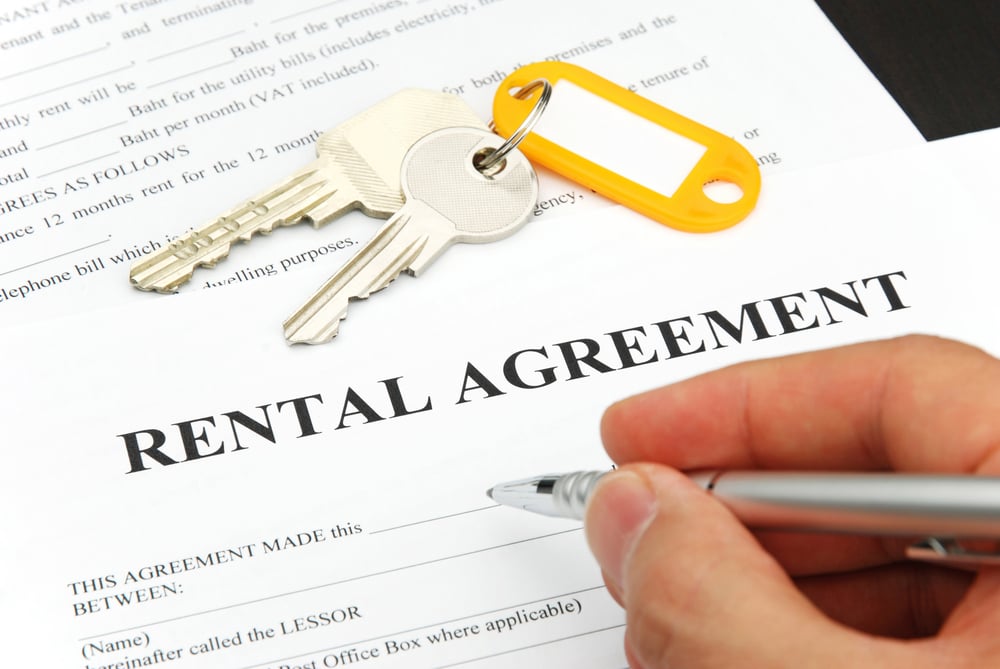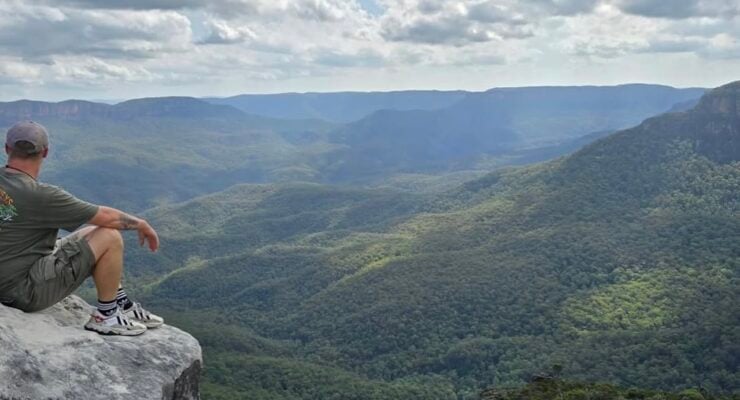- Short-term rentals include a room, an apartment, or a house via word of mouth, Facebook, or sites like Airbnb, often cheaper and cozier than a hotel.
- If you settle somewhere, becoming a tenant is worthwhile; flat-sharing is popular with shared costs, while sleepouts, studios, or 1-bedroom options offer more independence.
- To find a rental, use Trade Me (main classifieds) and, in Auckland, EK Properties; ads appear in hostels, supermarkets, and Facebook groups.
- Leases come in two main types—periodic or fixed-term; you’ll pay a bond (2–4 weeks) and rent in advance (up to 2 weeks) and rent can be revised roughly every 180 days; always discuss terms and get the agreement.
Rentals in New Zealand

You can rent a room, an entire apartment or even a house for a few days or weeks through word of mouth, friends of friends, Facebook, or websites like Airbnb. This type of short-term accommodation is often cheaper and more comfortable than a standard hotel room. It’s also a chance to get tips about the city or the area from locals.
If you decide to settle in one location for a while, it may be worthwhile to officially become a tenant.
The most popular (and affordable) solution among Kiwi students and working holiday makers from all over the world is to share an apartment or house. Your room can be furnished or unfurnished, and all costs are shared (electricity, Internet, etc.) if not already included in the rent. Flat-sharing is a great way to meet people when you arrive in a new city.
Sleepouts, studios or one-bedroom apartments give you more independence, but you’re responsible for all the bills and you may have to buy some furniture. Furnished, fully equipped apartments (usually called “apart hotels”) are available but they are usually of a higher standard and, therefore, at a higher price.
Rent is quoted weekly. You can check the market rates by region, city and district on the New Zealand Government Tenancy Services page.
How to find a rental
Trade Me is the main online classifieds site.
In Auckland, you can also browse the listings of EK Properties for a selection of solid options.
Rental ads are also posted in supermarkets, hostels and any other places visited by backpackers or students (car markets, bars, etc.). You can also check Facebook Marketplace or local Facebook groups (e.g. “Queenstown Rentals”).
If you’re staying in a hostel at the beginning of your trip, tell other travellers you meet that you’re looking for a rental. If they’re also looking around, they can share info and maybe even become your future roommate!
Watch out for housing scams, especially online. Read Common scams to avoid during your working holiday abroad for more details.
We strongly advise visiting the property before signing the lease. Make sure to check for public transport options and what the surrounding neighbourhood is like.
Note that the landlord doesn’t have to provide a heating system, so you may have to buy a space heater.
Signing a lease
Although there are two types of tenancy in New Zealand, most are periodic. The lease is signed for an indefinite period, and the tenant can terminate it by giving 21 days’ notice. For a fixed-term tenancy, you and the landlord sign up for a fixed term, and you can’t break the lease before the term.
The landlord must provide you with a tenancy agreement form, and you will keep a copy. It’s often based on this official template. Make sure you understand the agreement and agree with the terms before you sign it. The landlord or your roommates may ask you to commit to a certain period (usually six months). For a shorter period, the rent will probably be higher.
A property inspection report is usually supplied with the tenancy agreement. It should document the condition of the property, as well as all the furniture and equipment provided.
You will have to pay:
- a deposit (“bond”), equivalent to a maximum of 2 or 4 weeks’ rent
- rent in advance (maximum of two weeks)
- the agency fee (“letting fee”) if you used an estate agent (generally equivalent to one week’s rent + taxes)
For the deposit, you must complete a bond lodgement form with your landlord. You will fill out a bond refund form when you leave the property to get your deposit back (if you don’t have any rent due and there’s no damage to the property).
Joining a flatshare
Moving into a shared apartment is often a little less formal than renting a place on your own. You won’t necessarily have to fill out and sign all the documents mentioned above. Nevertheless, to avoid any surprises, be sure to discuss the terms of the shared tenancy with the other tenants and/or the landlord—payment of rent, expectations for housekeeping, etc.
Don’t hesitate to ask for a copy of the agreement or any other legal document if you have any concerns.
Ads generally show a price for one person in a room. If you’re a couple or sharing the room with a friend, the rent may be a little higher than for a single person, mainly because of the second person’s use of utilities. However, under no circumstances should the rent be doubled.
Many ads stipulate whether the owner accepts smokers or not. New Zealand is strongly against tobacco use and many landlords don’t accept tenants who smoke.
In a shared flat, it’s common for housemates to ask for a commitment of several months to avoid repeating the new housemate search too often. Make sure the expectations are clear from the outset.
Paying rent
The landlord cannot ask you to pay more than two weeks’ rent in advance. The landlord is entitled to change the rent every 180 days.
Home and property insurance
There is no legal obligation for landlords to insure the property. However, they must provide insurance information to their tenants, including whether or not the property is insured.
Even if the property is insured, the policy won’t cover your belongings or damage you caused intentionally or through negligence. You may want to consider tenant insurance to cover stolen or damaged personal items and liability for careless damages to the property.
Furnishing your apartment
Once again, ads on Trade Me and Facebook Marketplace can help you find second-hand furniture. Second-hand shops such as the Salvation Army also sell furniture at reduced prices.
If you want to invest in new furniture, The Warehouse stores offer everything from furniture to home essentials. The New Zealand Yellow Pages can also help you find your nearest furniture store.
New Zealand real estate terms in standard English
- Flatting = sharing a house or an apartment (with flatmates, obviously)
- Sleepout = external covered bedroom separate from the main house
- Self-contained sleepout = bedroom + bathroom + kitchen separate from the main house
- Periodic Tenancy = the tenancy continues as long as the owner and tenant don’t break the lease
- Fixed Term Tenancy = the duration of the tenancy is defined in the lease agreement












 Français
Français English
English





0 comments
{{like.username}}
Loading...
Load more